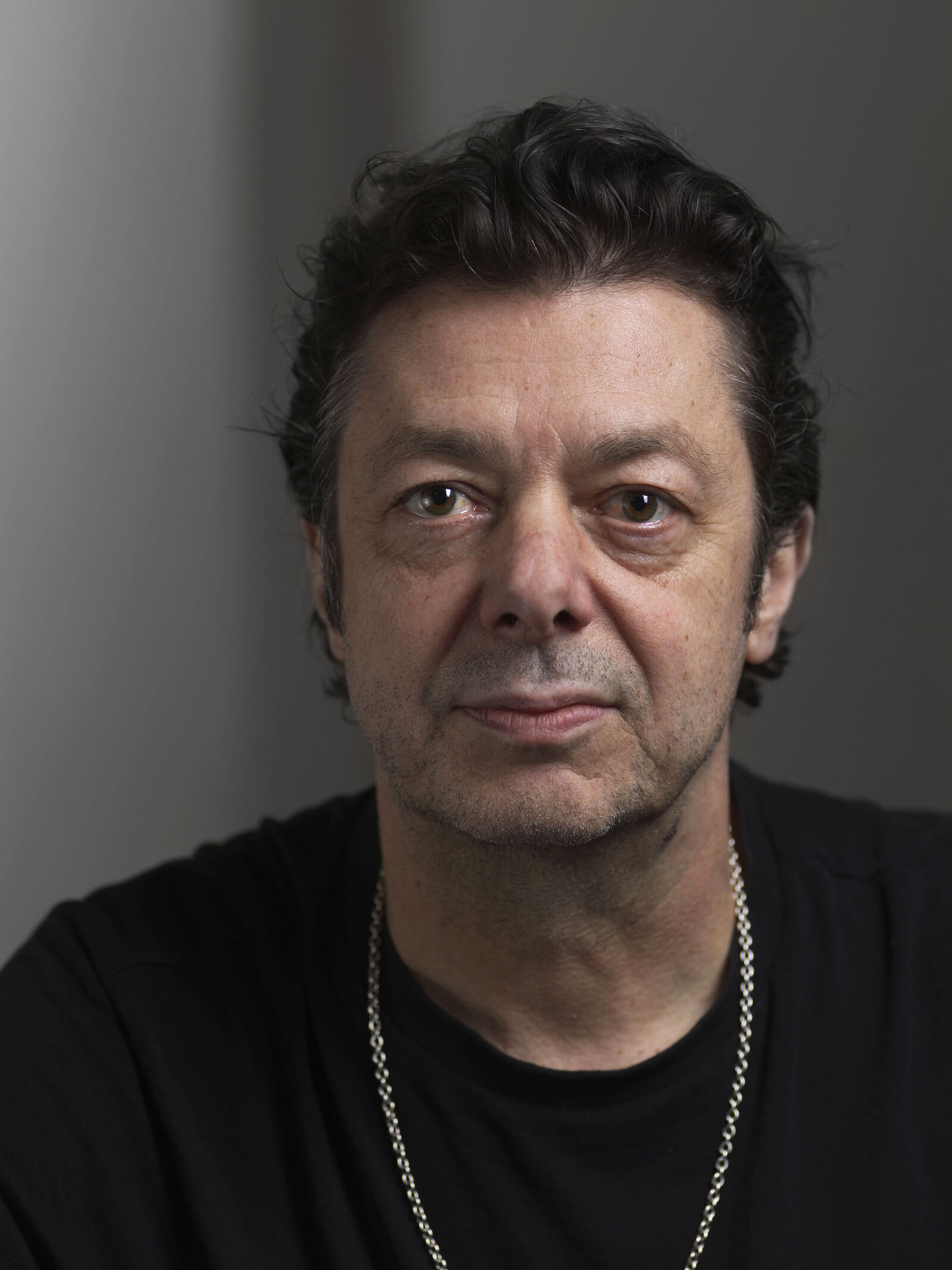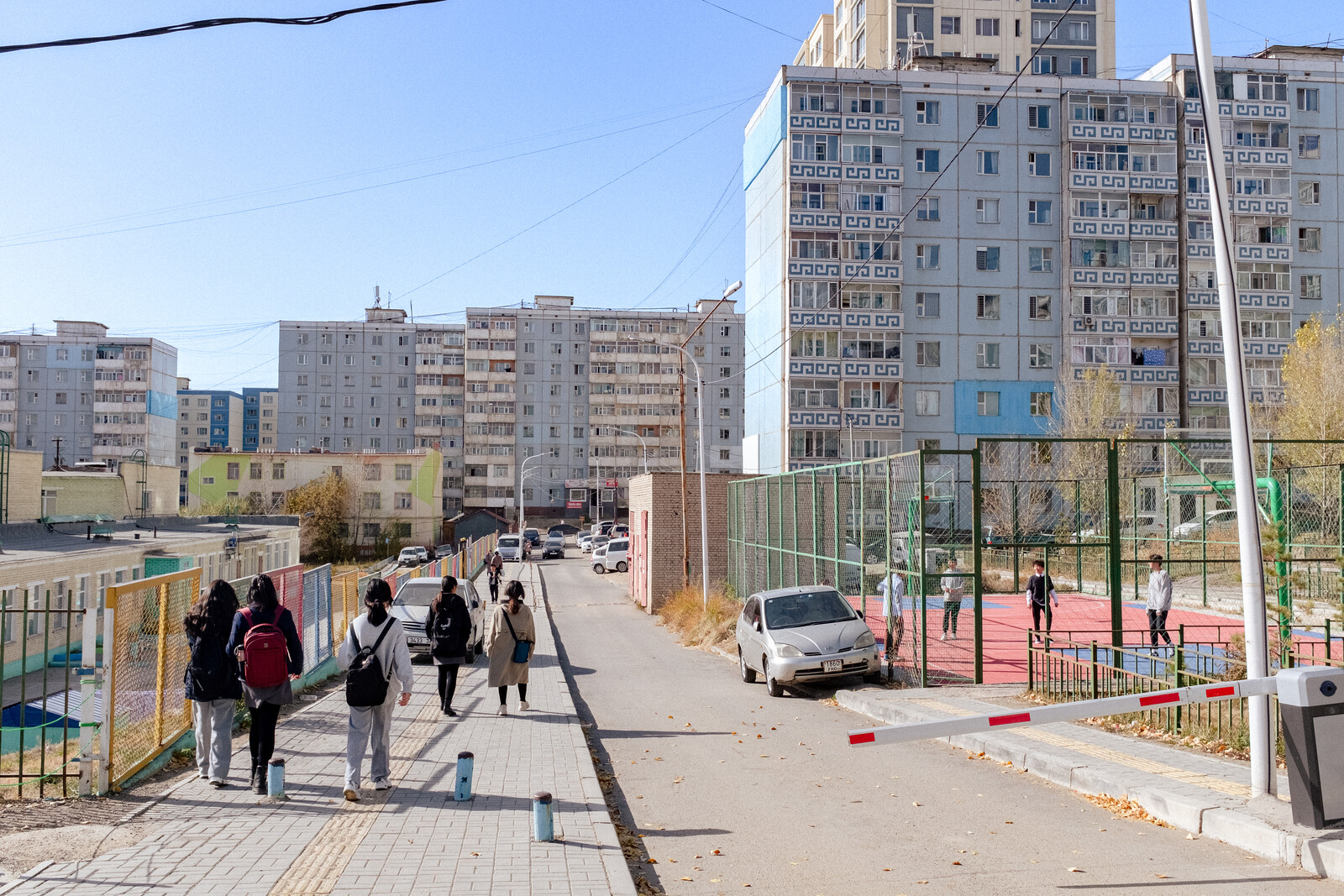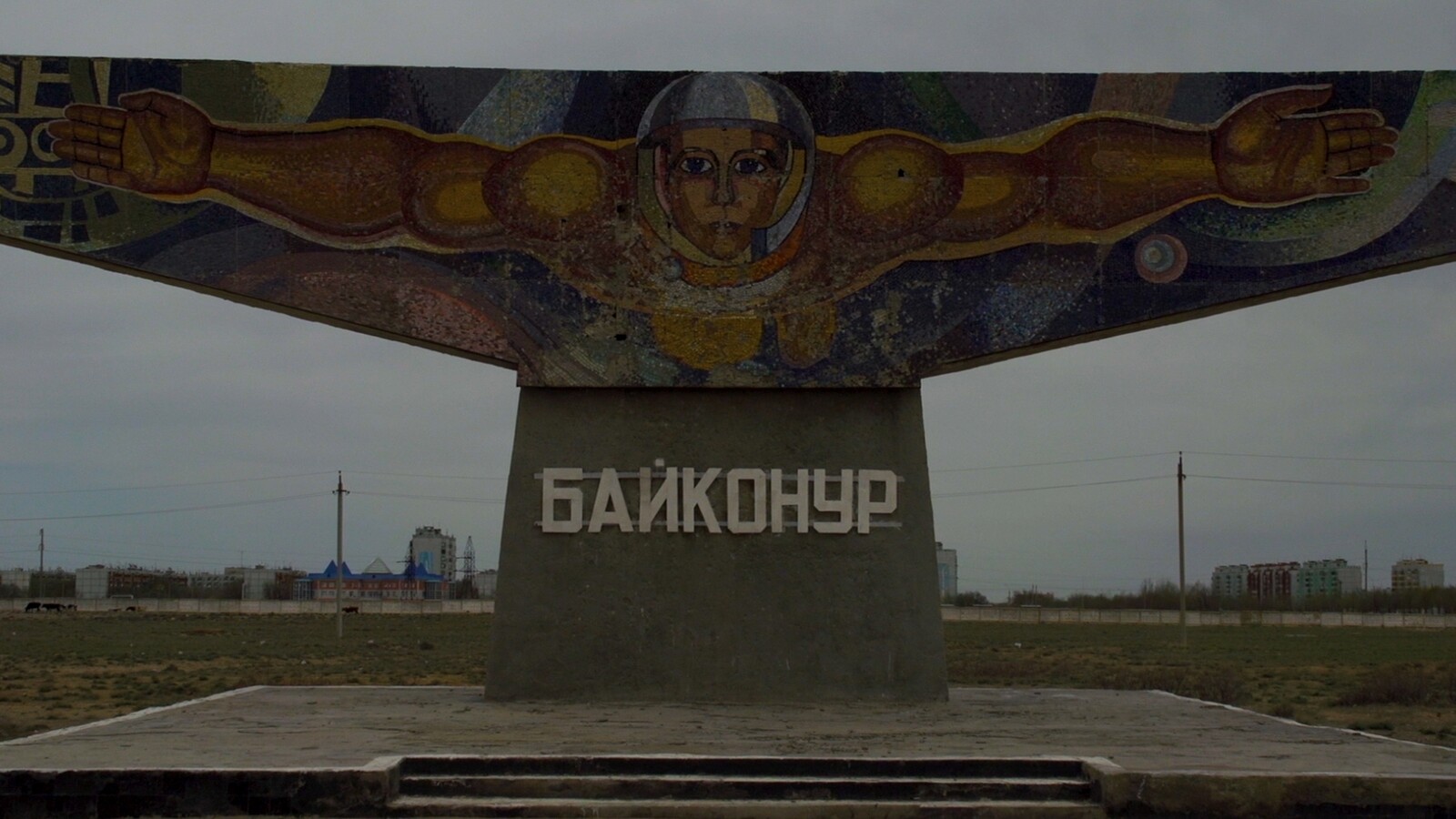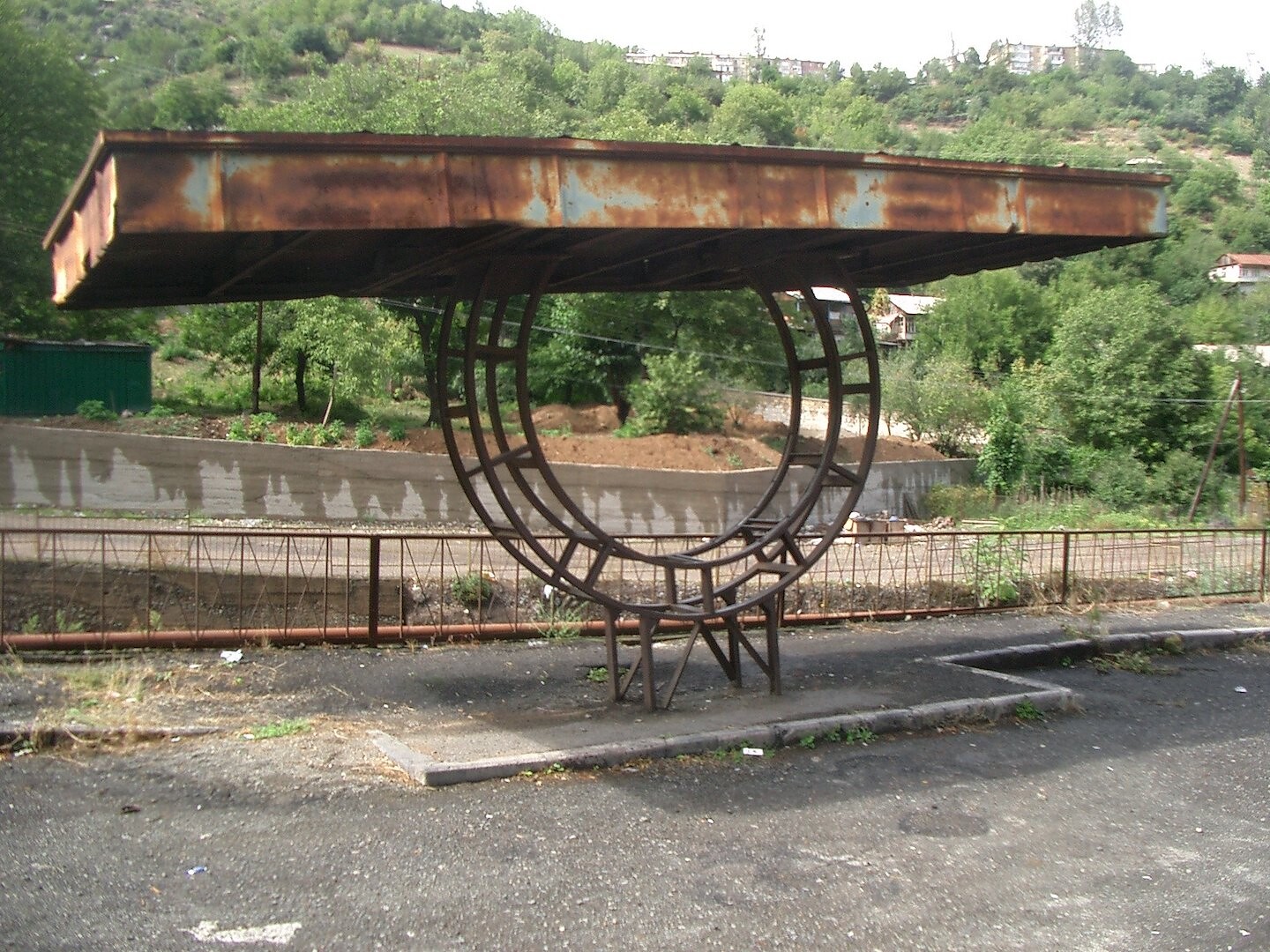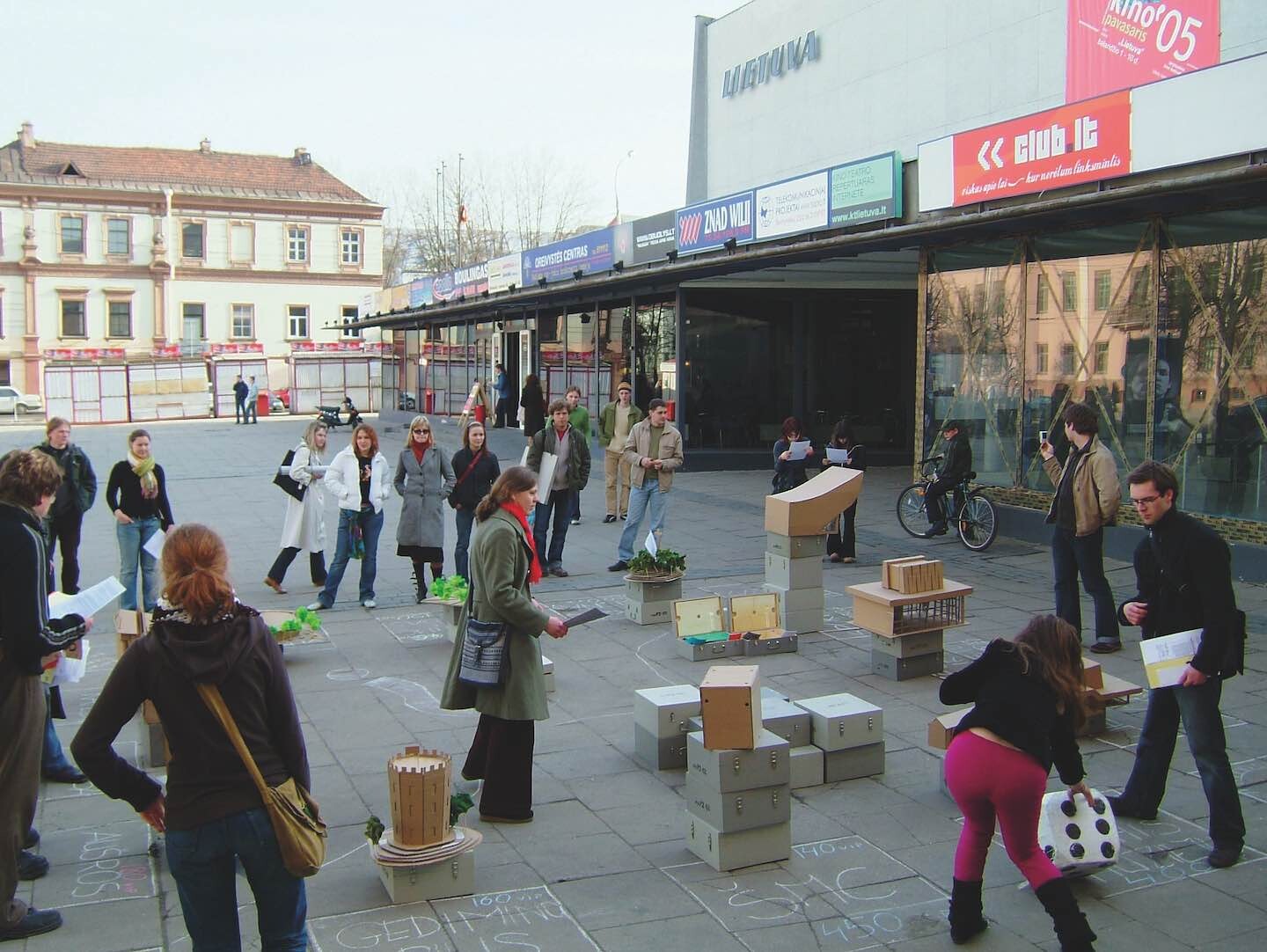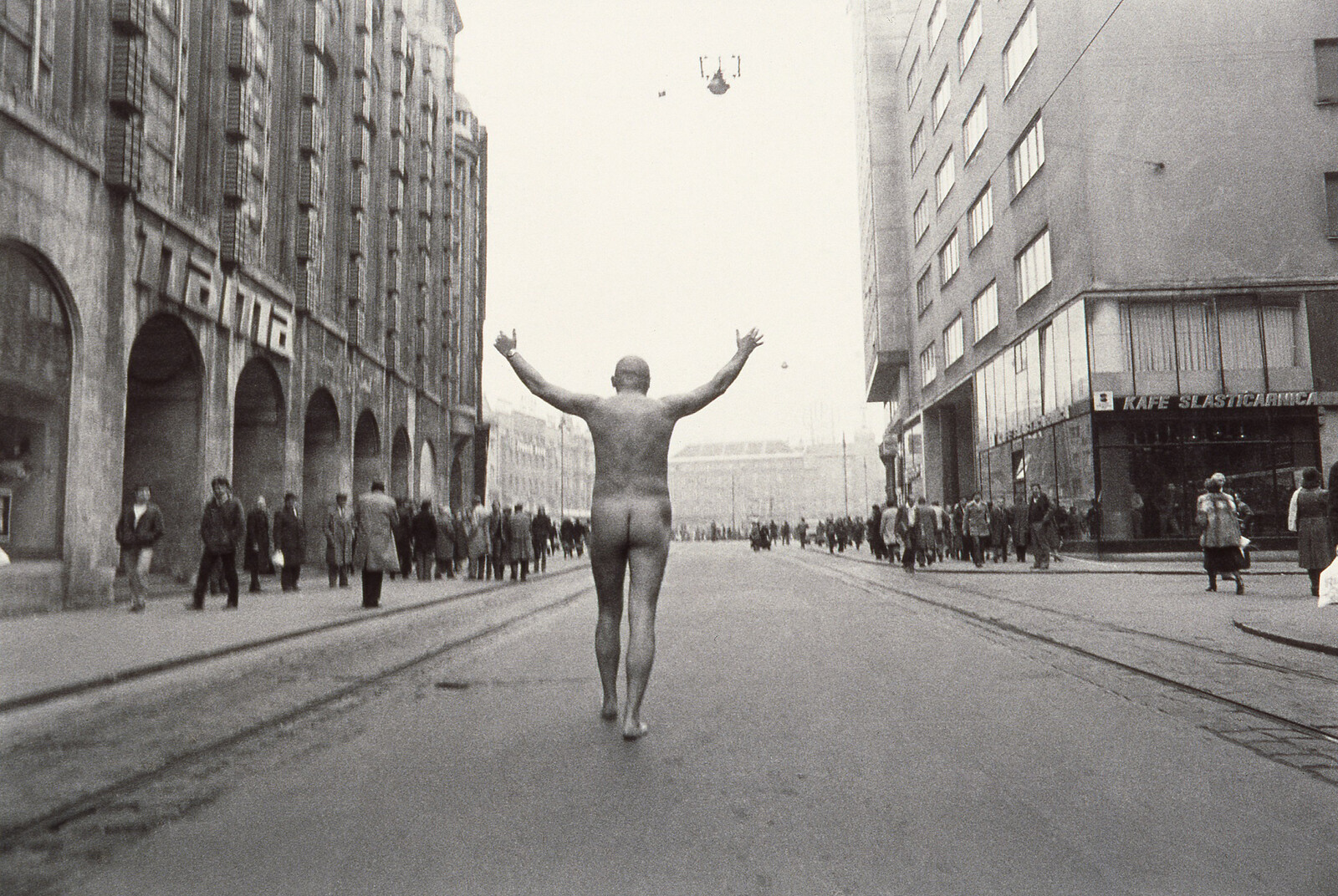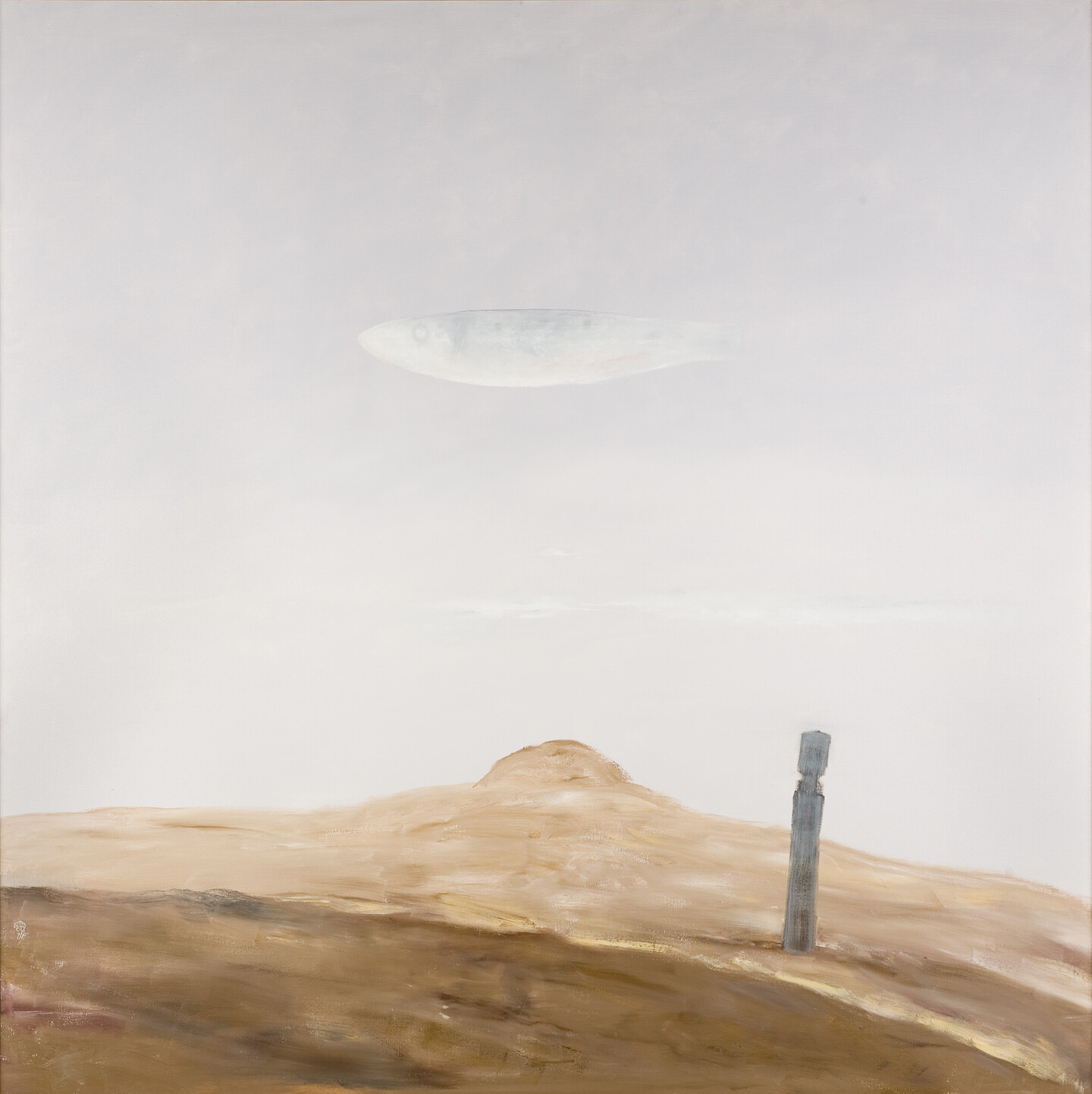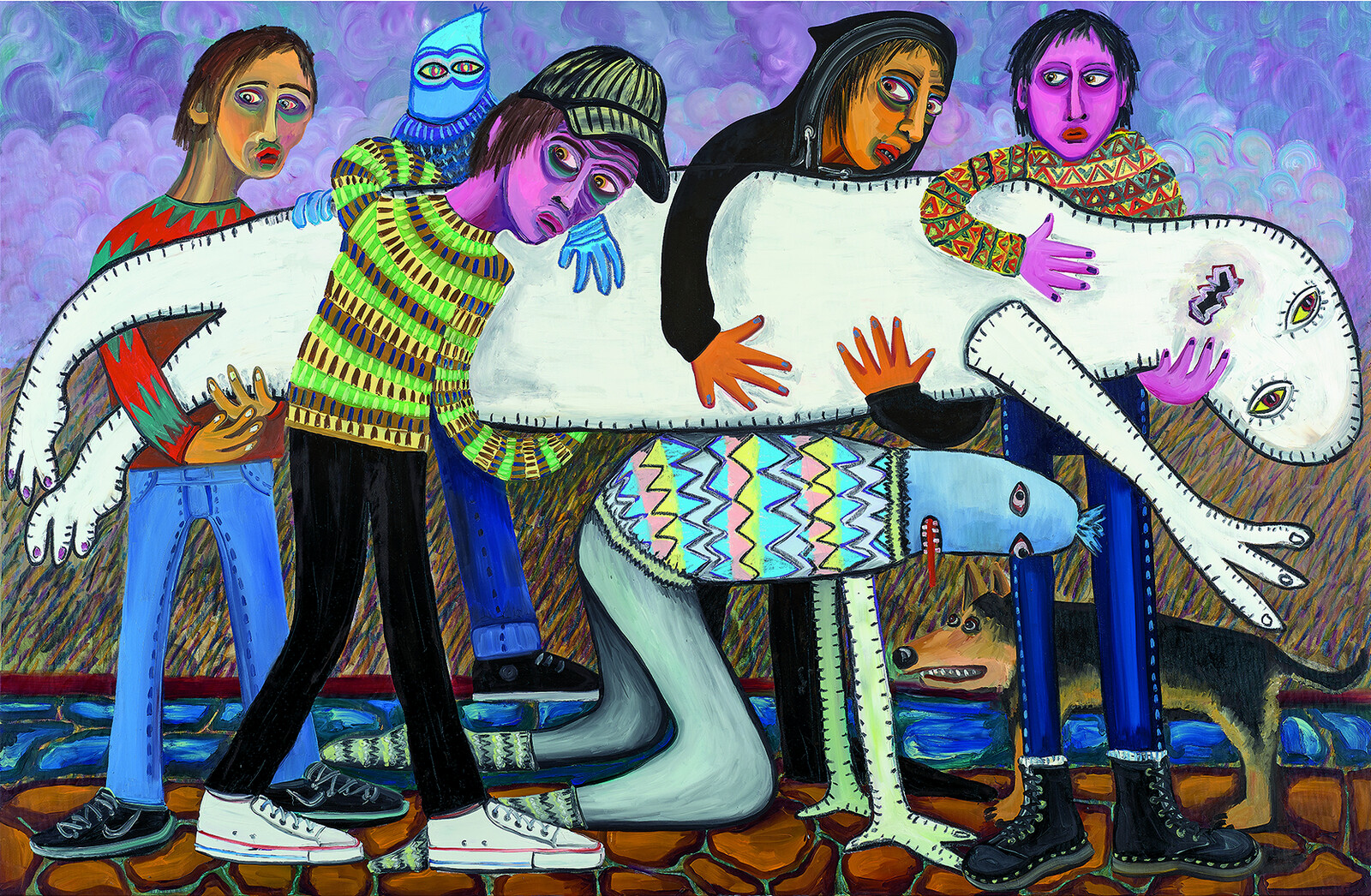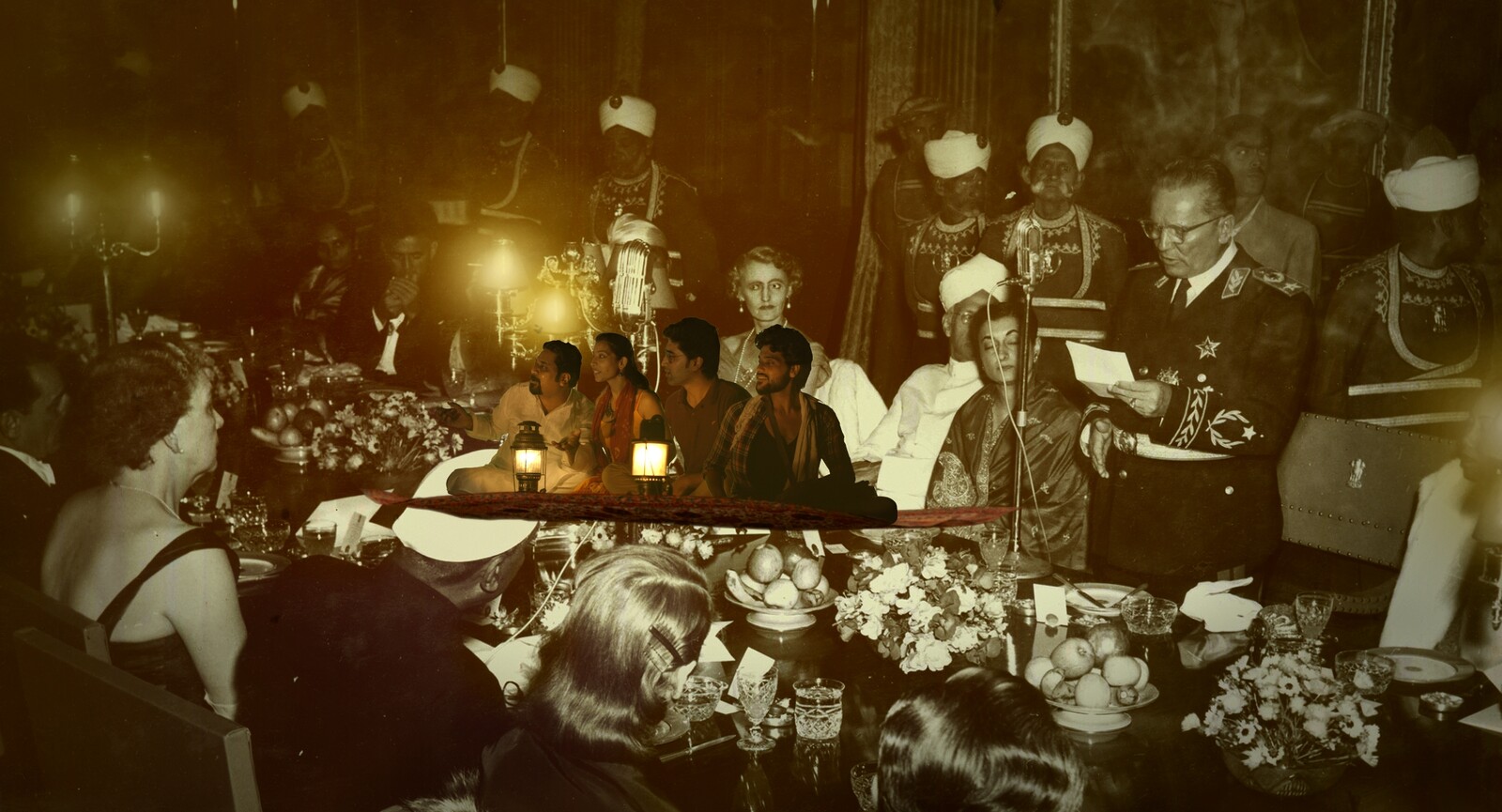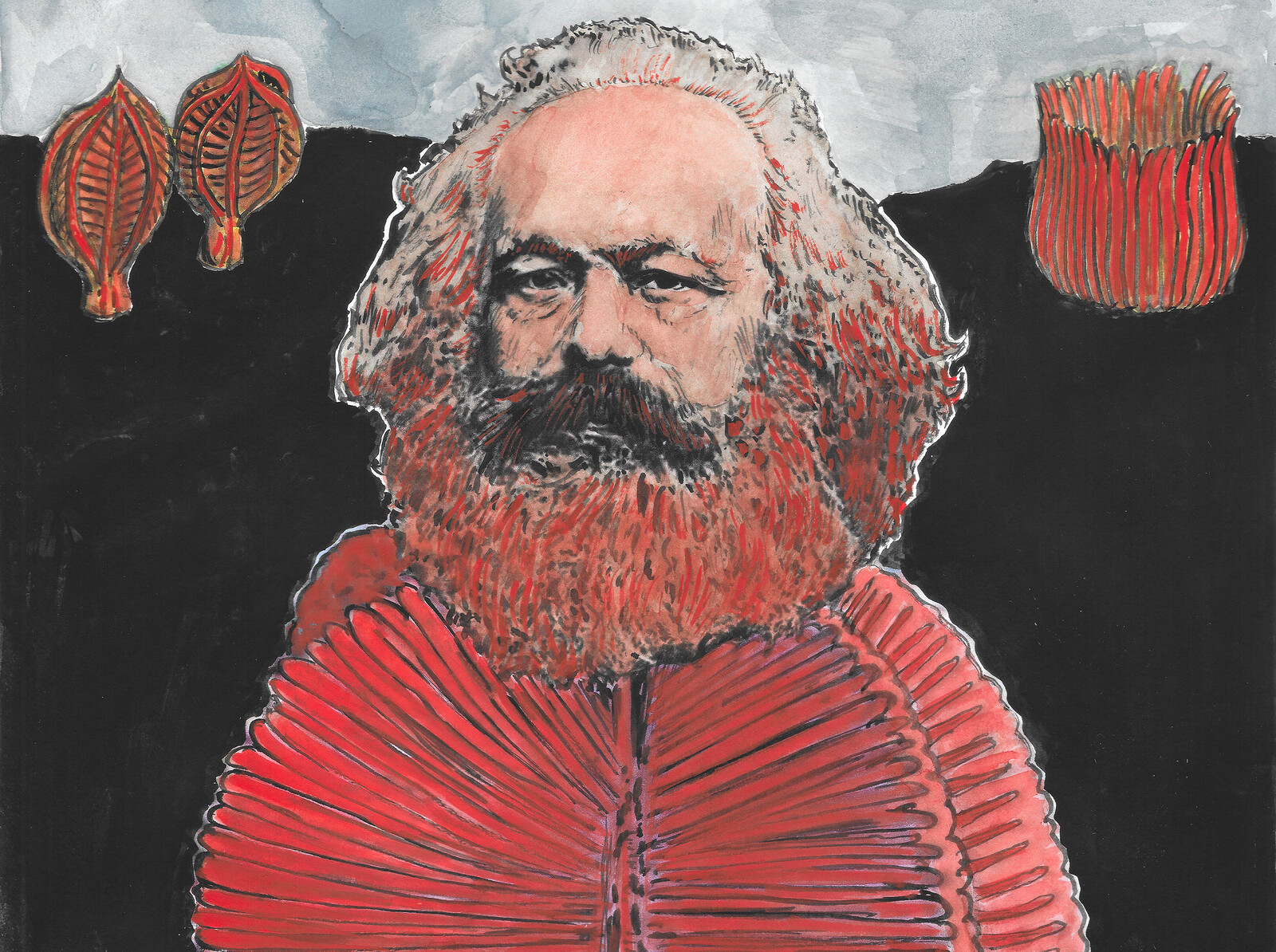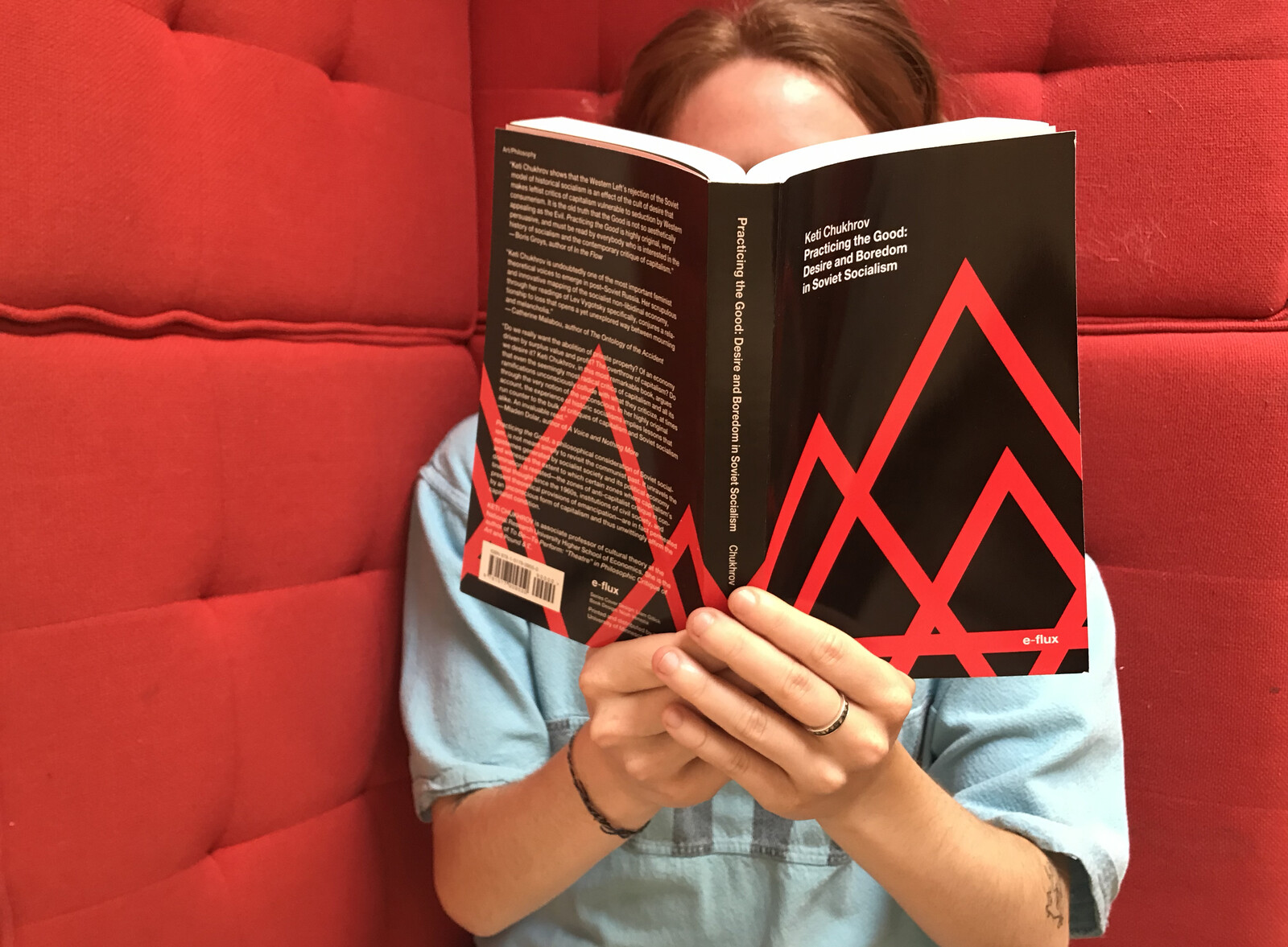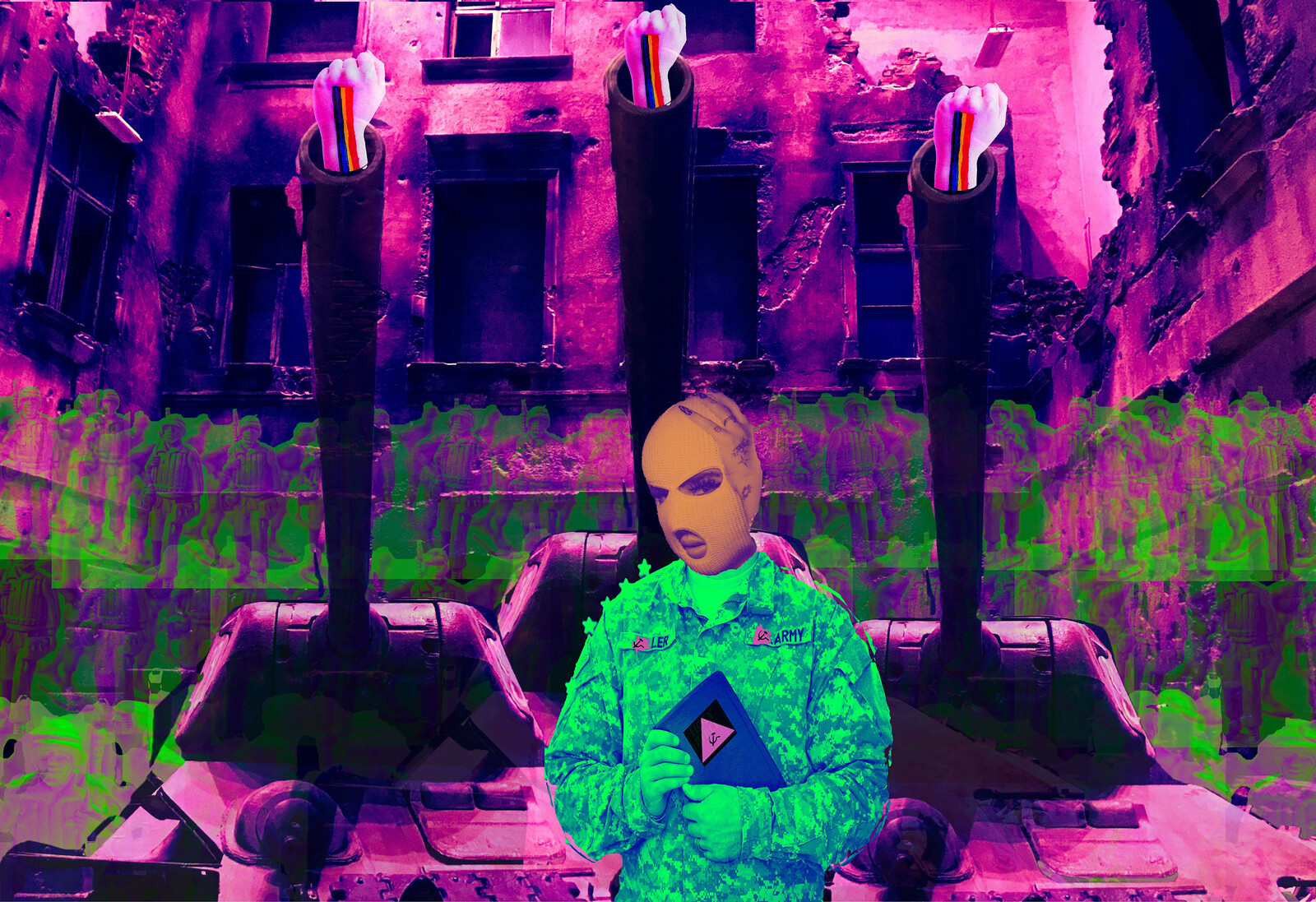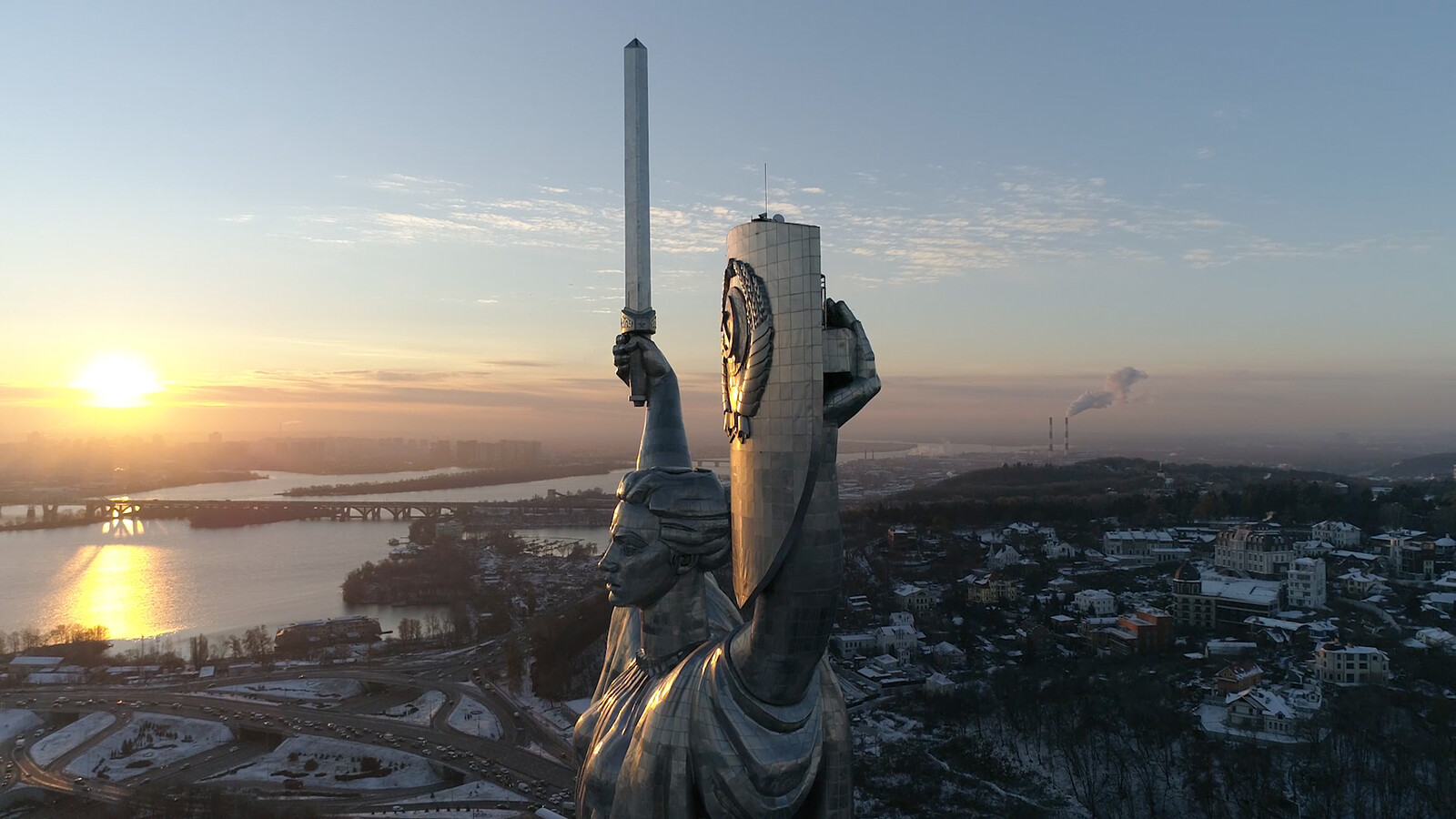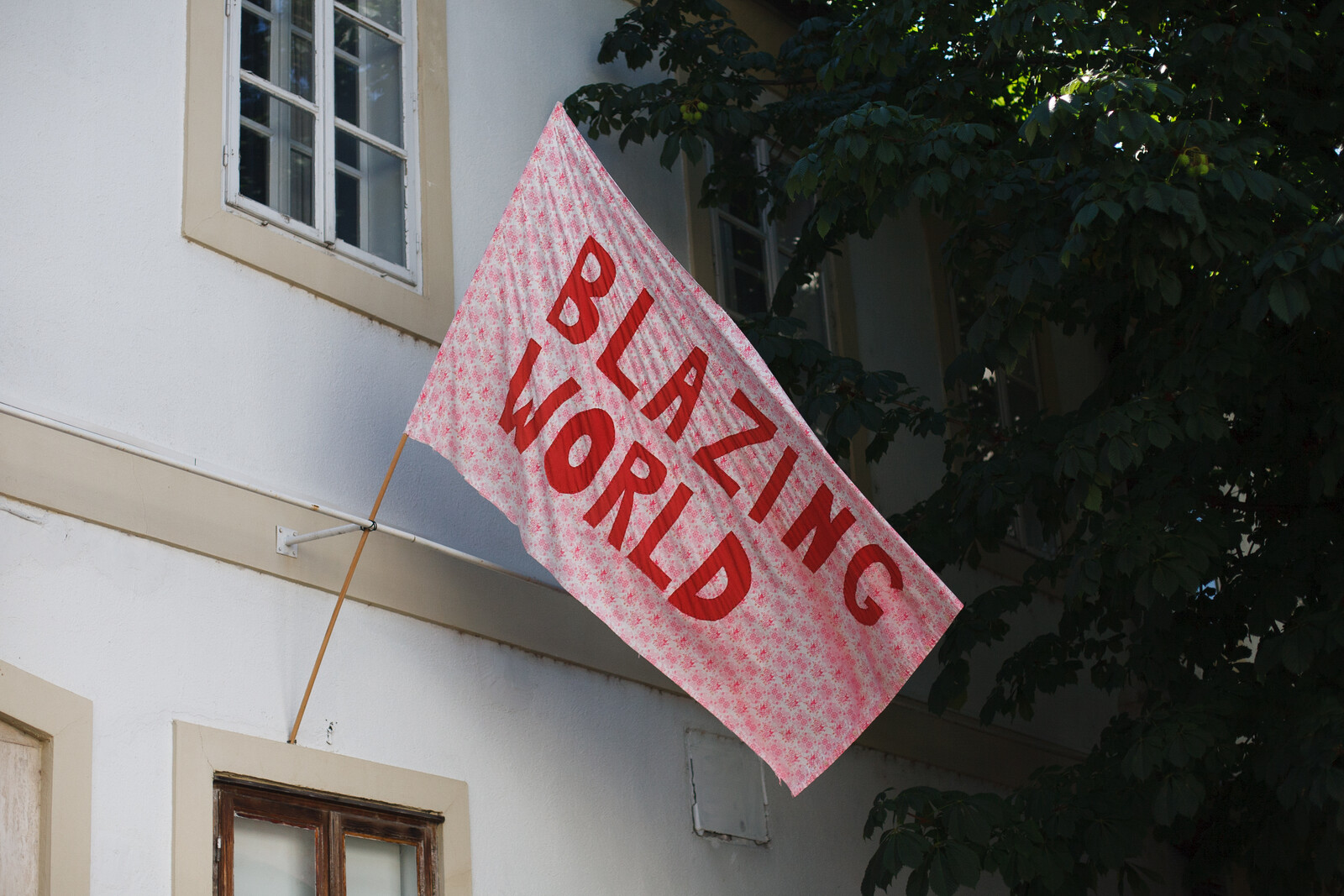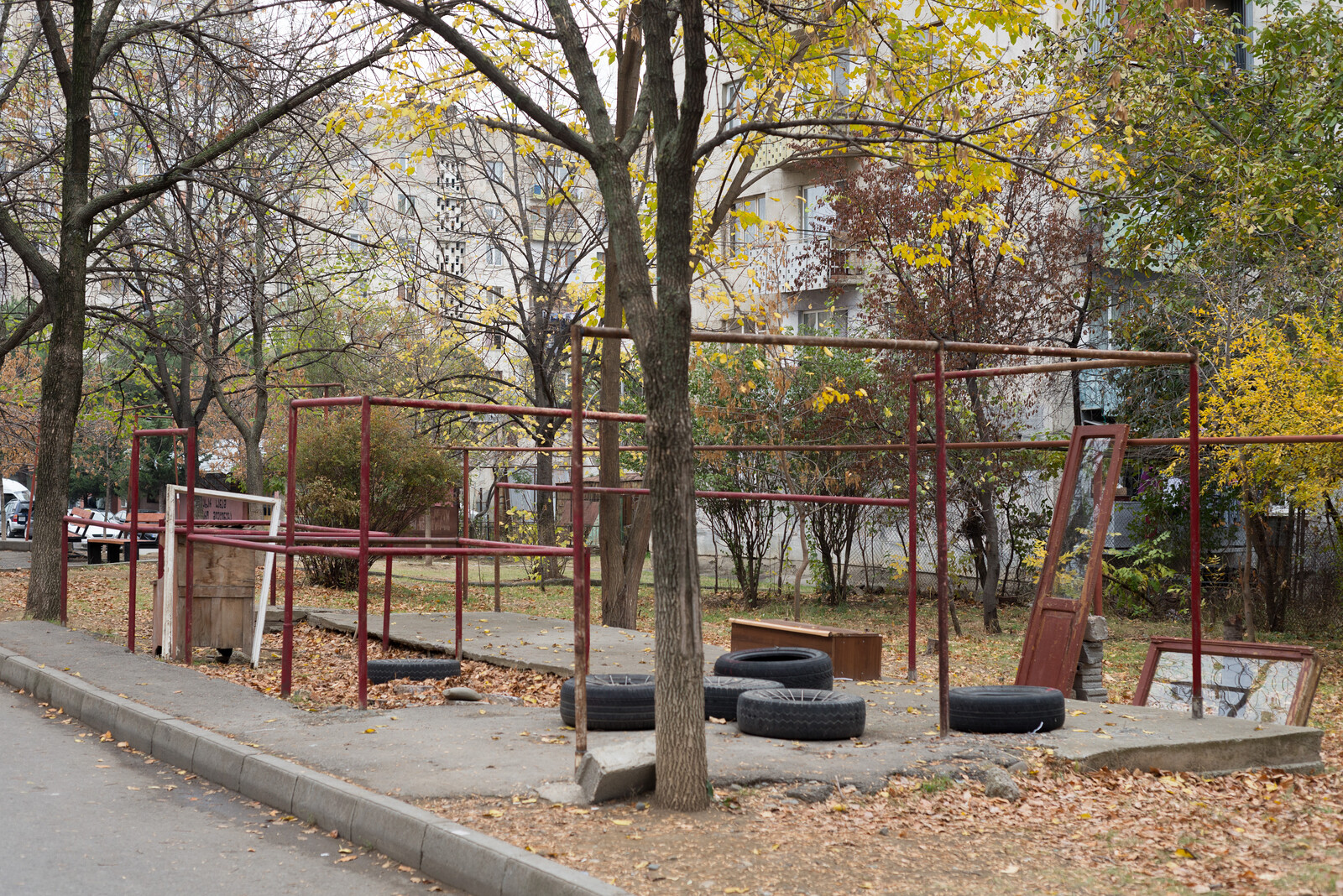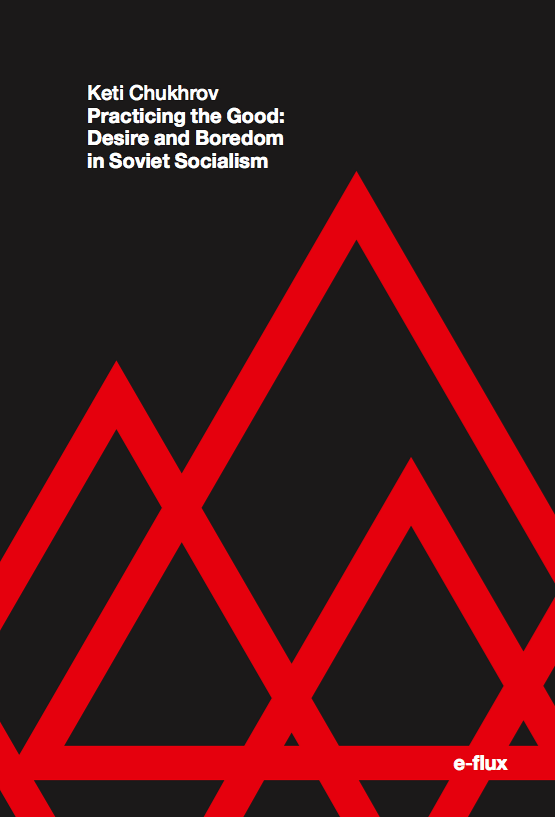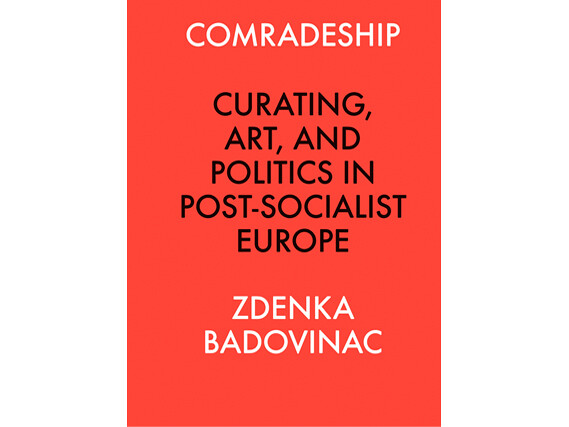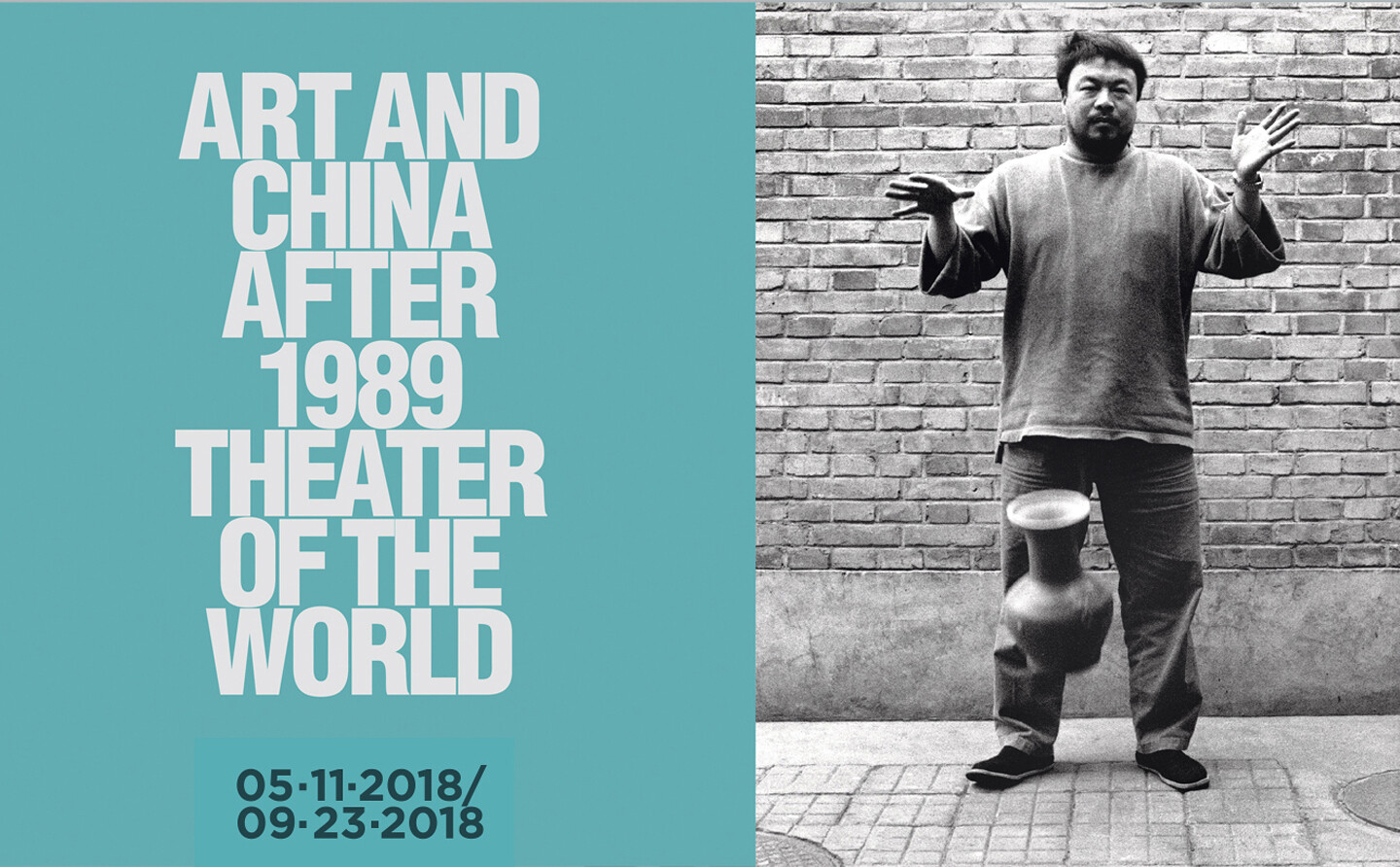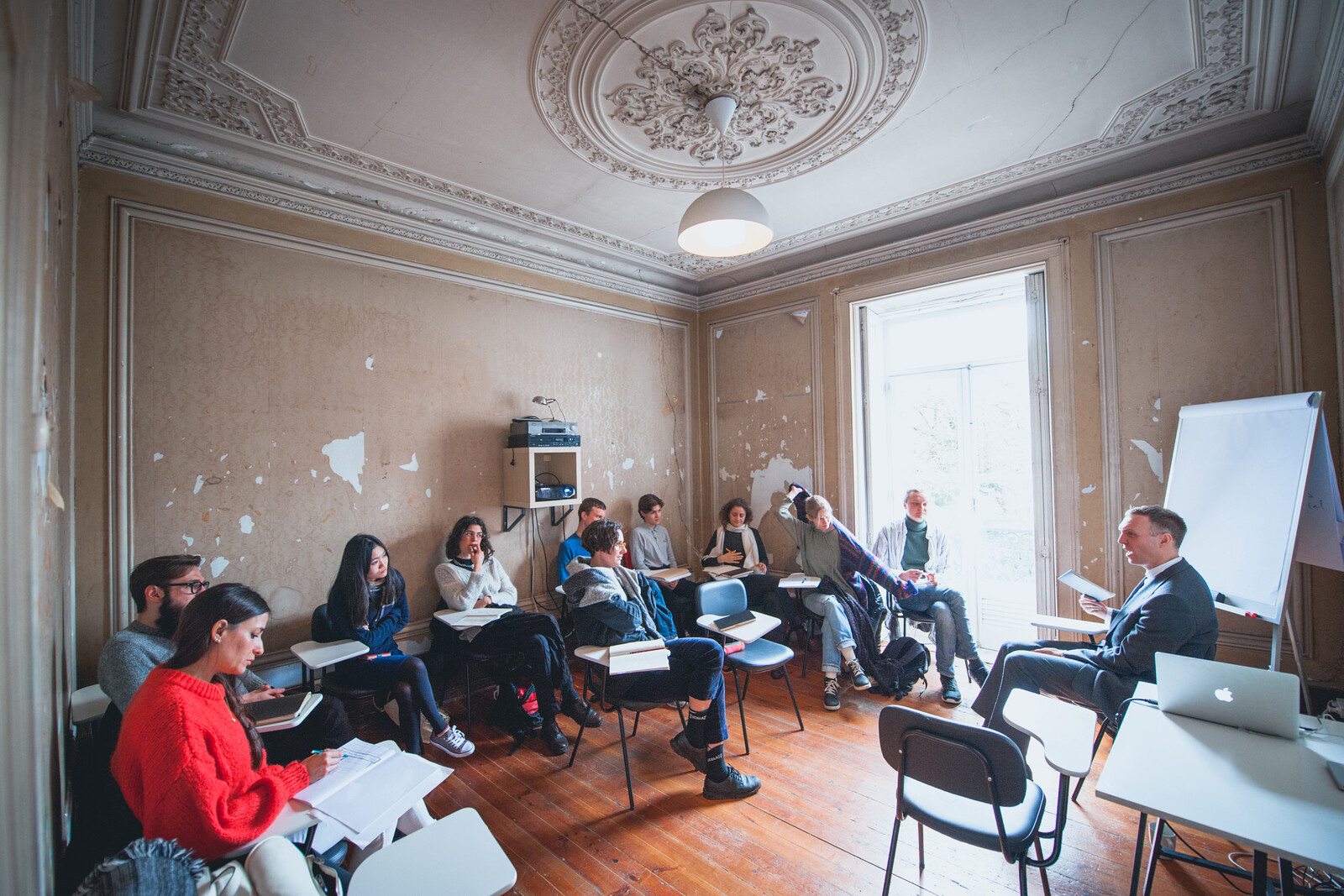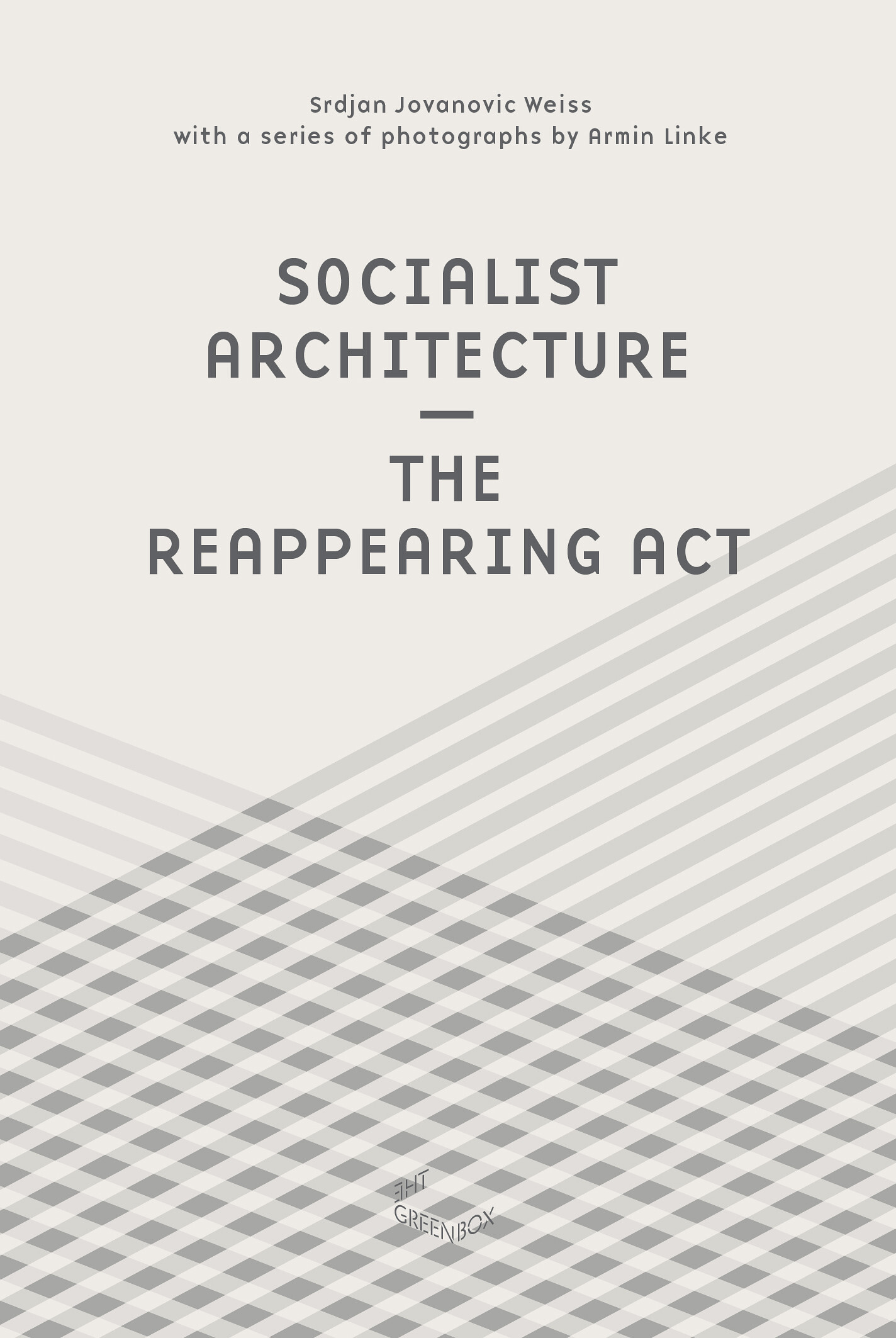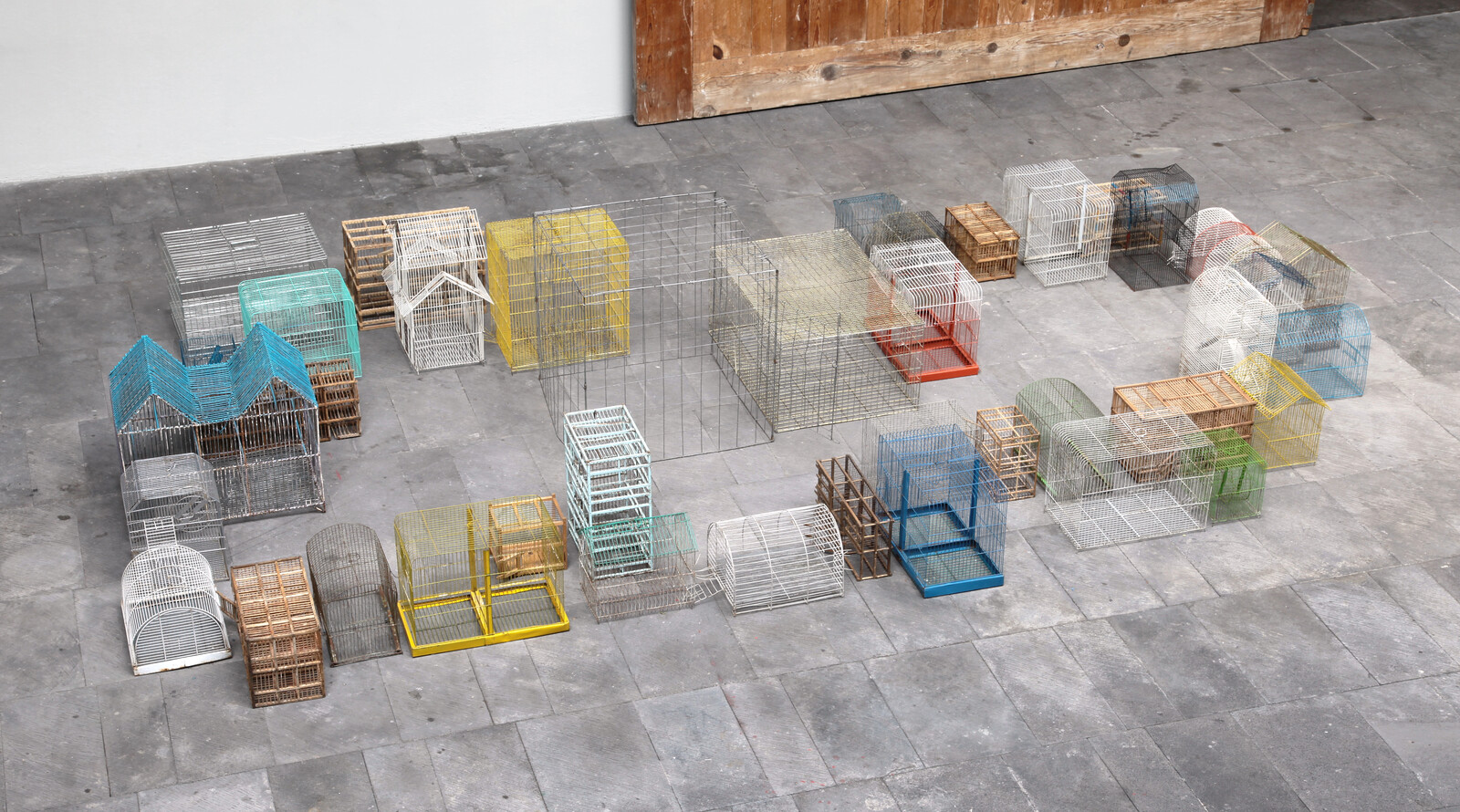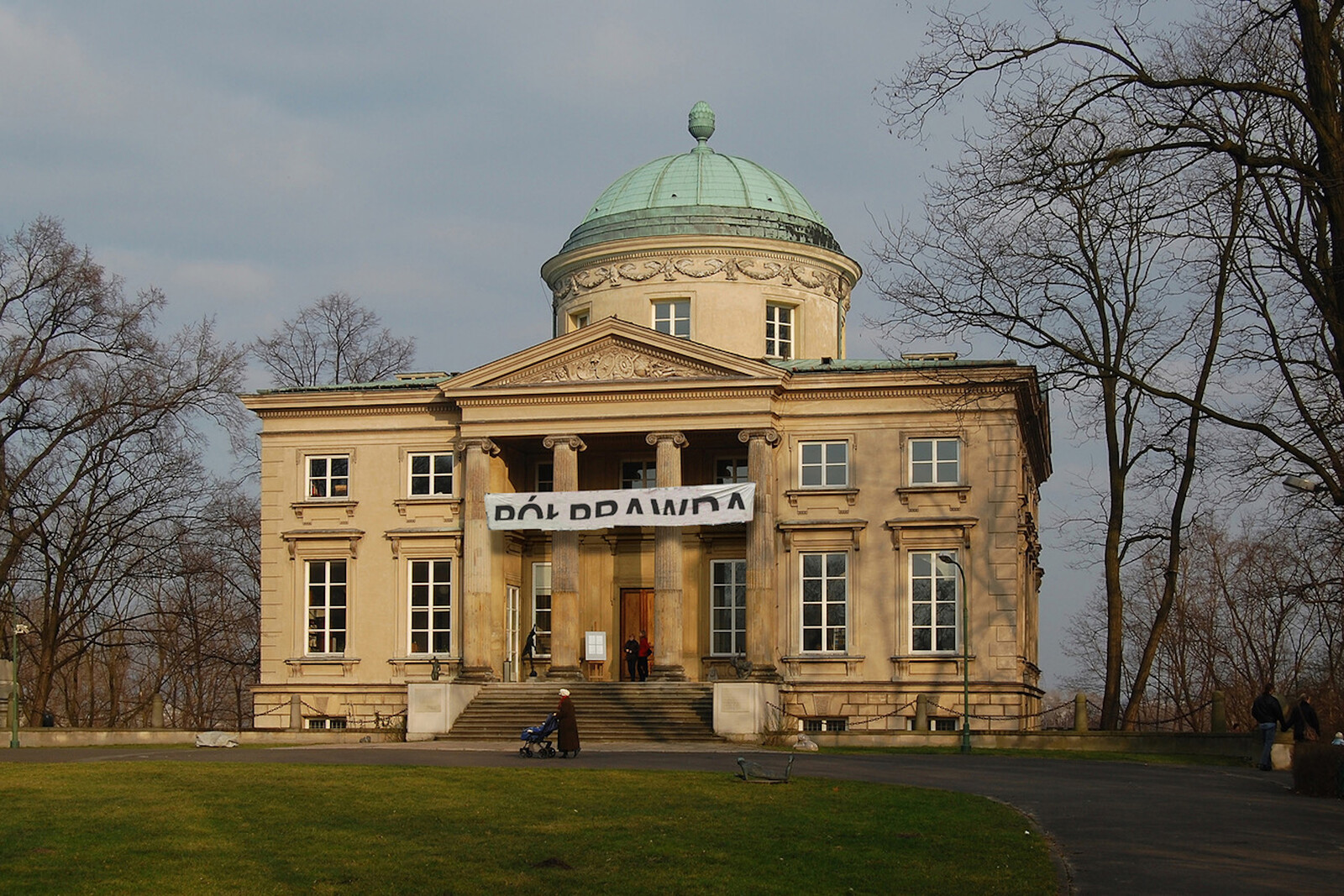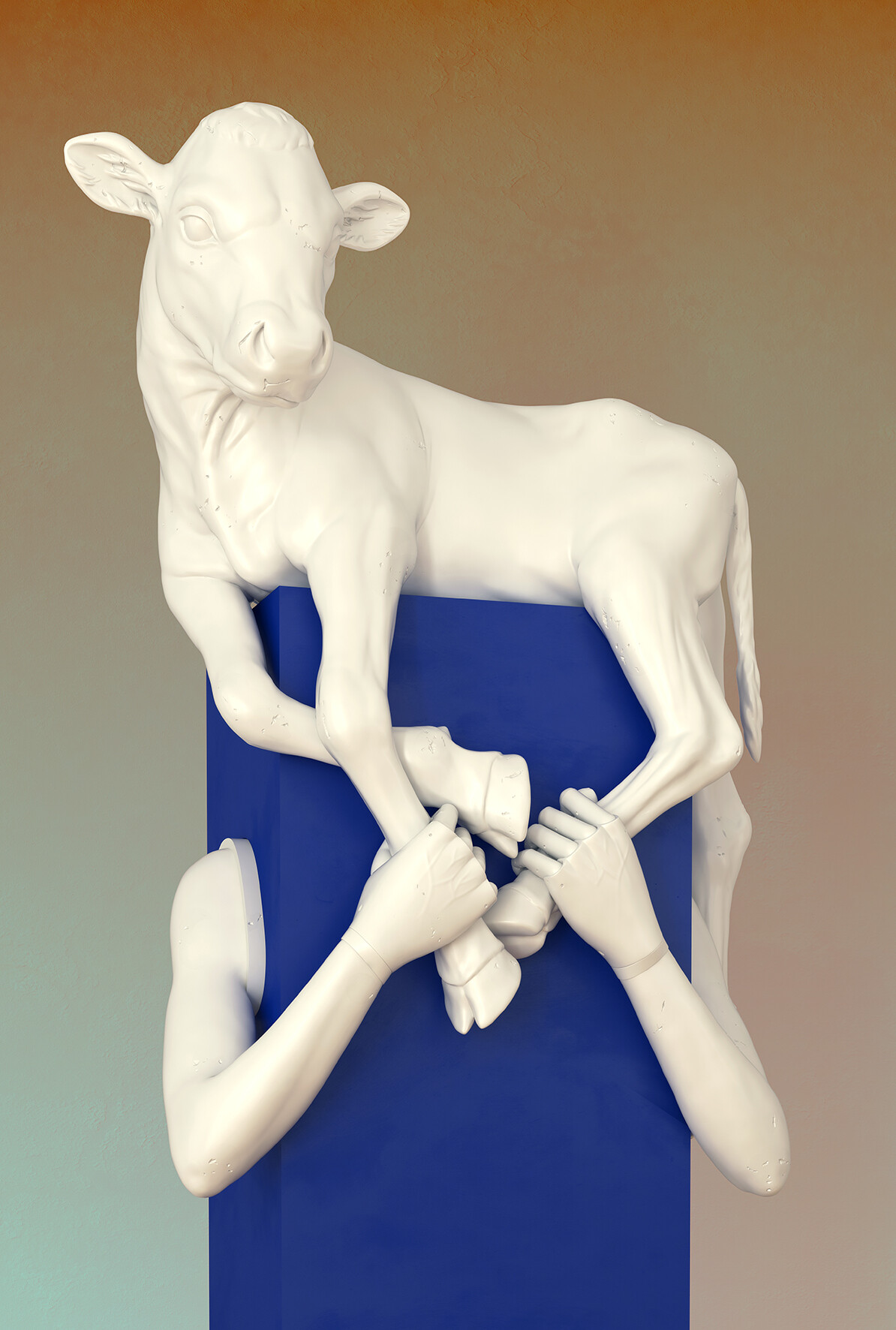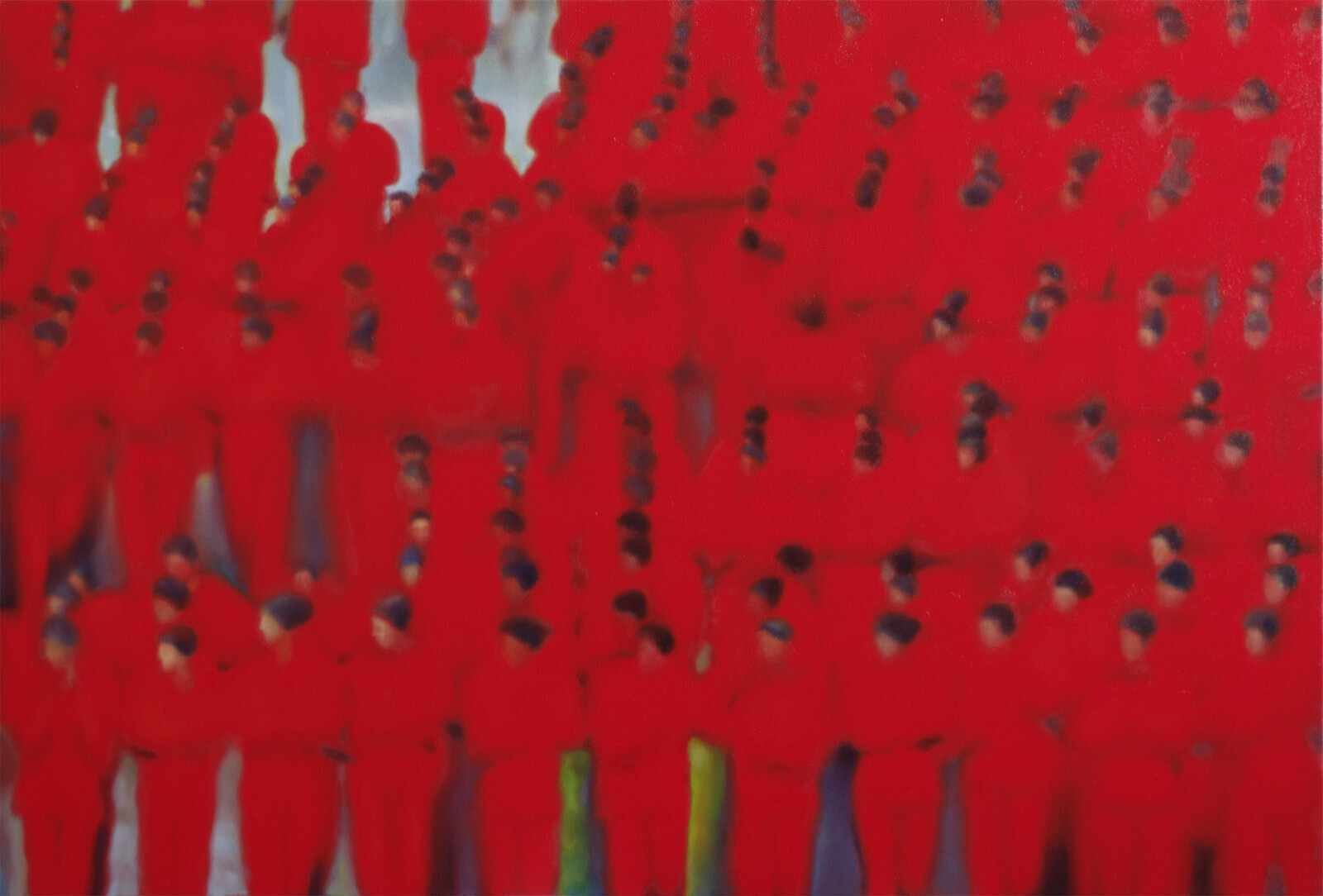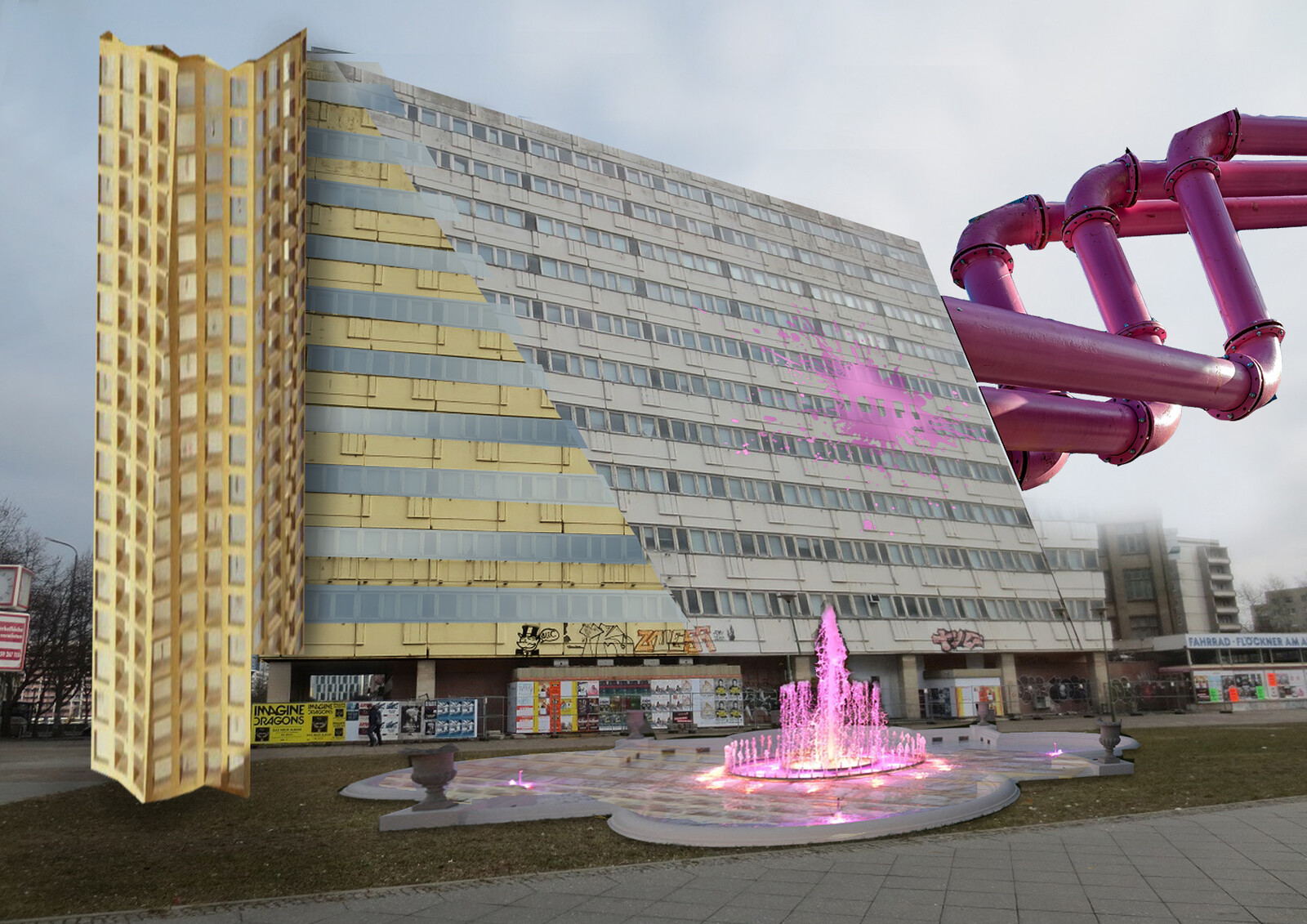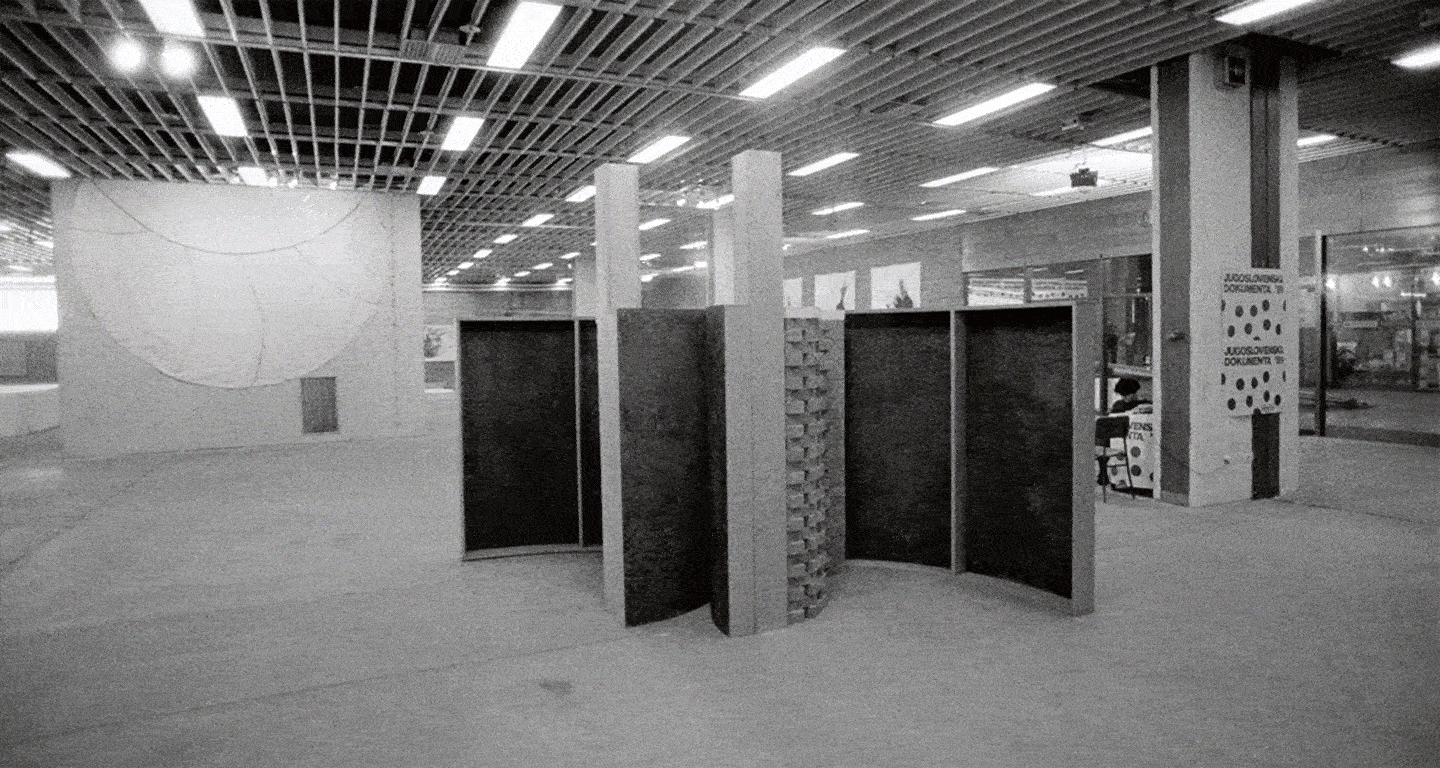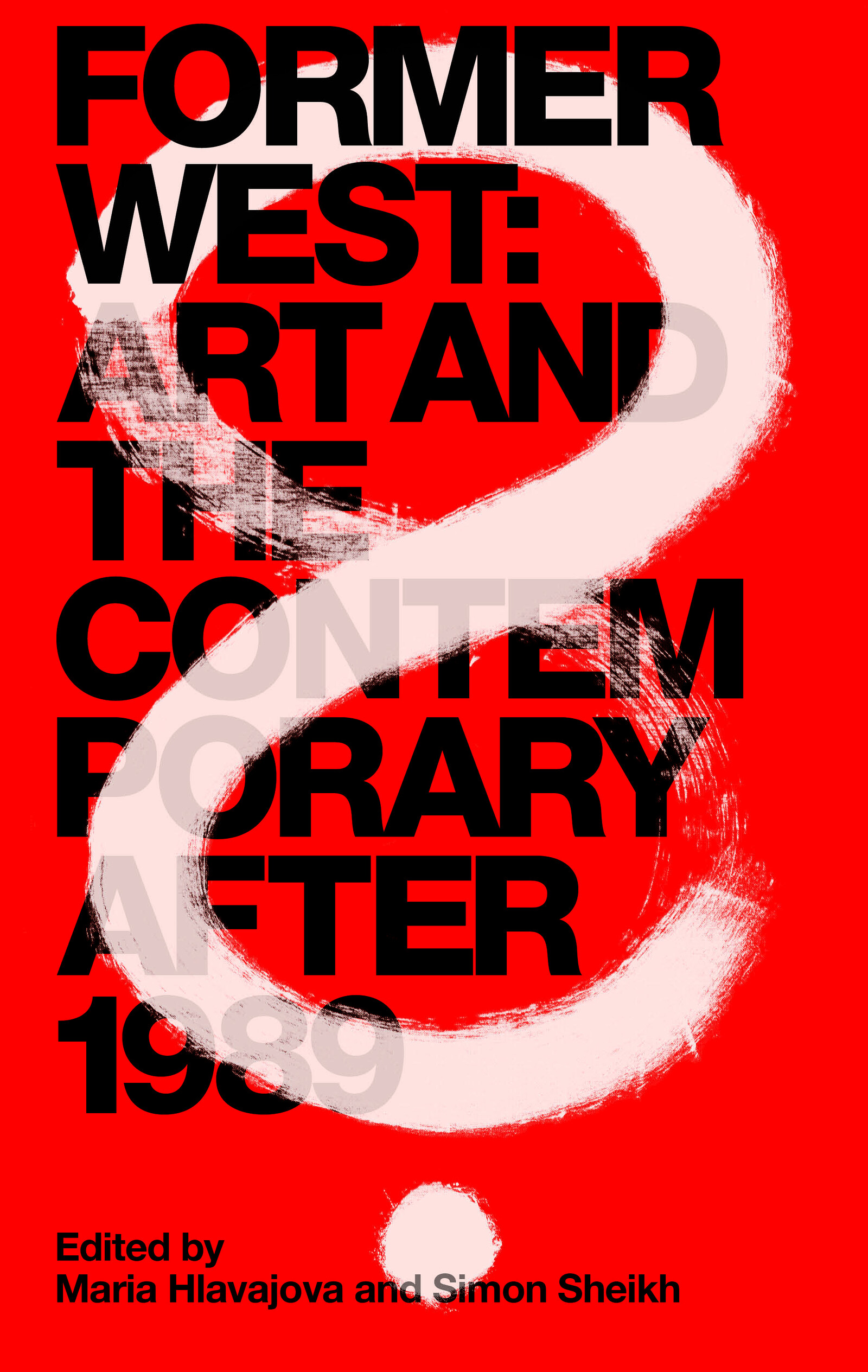Four Exercises of Togetherness
The title of Anamika Haksar’s 2018 Ghode Ko Jalebi Khilane Le Ja Riya Hoon (Taking the Horse to Eat Jalebis) comes from a line of dialogue in the film: when someone off camera asks a horse-cart driver what he’s doing, he replies that he’s taking his horse to eat jalebis, a traditional Indian dessert more popular with humans than equines. While the driver’s answer might seem sarcastic, it’s very much in earnest. With scenes like this, Haksar welcomes viewers to a world in which laborers speak and dream in ways that one might not expect, creating a realism that goes beyond standard notions of reality.
The image of clusters of trees frozen in time, disconnected from their former environment, could not be more appropriate as a metaphor for how advanced desertification is engulfing our collective soul and draining its sap.
Decades of capitalist propaganda has reduced the notion of collectivization to Stalinist terror. This flattening of the term dismisses the breadth of forms that collectivization can take: from nationalizing communal resources and production, to other-than-human redistribution efforts to establish comradely ecologies. It is therefore essential to explore the collectivized imaginaries and practices—collectivizations, in the plural—that make egalitarian forms of life imaginable and actionable.
The order of libidinal agriculture is the order of neoliberal totalitarianism in disguise. The couple form may look like a plot of land for individual use. But really it is an industrial production site for all sorts of capital (financial, cultural, social, emotional, etc.).
The discourse of Marxism, on the contrary, produces not trust but distrust. Marxism is basically a critique of ideology. Marxism looks not for a “reality” to which a particular discourse allegedly refers but to the interests of the speakers who produce this discourse—primarily class interests. Here the main question is not what is said but why it is said.
Revealing the hidden desire for capitalism in contemporaneous anticapitalist discourse and theory.
Book Launch: Comradeship: Curating, Art, and Politics in Post-socialist Europe,
Zdenka Badovinac in conversation with Ana Janevski
Book launch: Socialist Architecture: The Reappearing Act, Srdjan Jovanovic Weiss in discussion with Nina Rappaport

